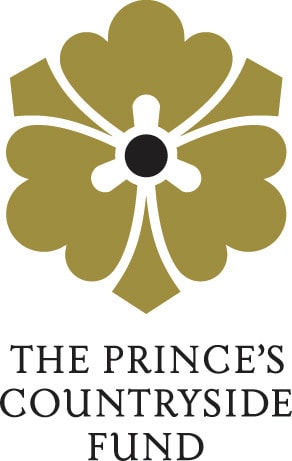All schools in the UK will be able to apply to participate in the programme, which will see the grounds of 260 schools transformed into pollinator-friendly habitats.
Data recording will monitor changes in species diversity and numbers. A network of young enthusiasts in schools will help by spreading knowledge and creating green 'stepping stones' such as bug hotels and bee houses to enable insects to move with ease between different areas.
Teachers, children and volunteers can be trained to make the necessary changes to their school grounds to create habitats. They will be supported by biodiversity and landscape experts from Learning Through Landscapes to develop their environments by:
- planting insect pollinator friendly areas using pollinator friendly plants
- building bug hotels and bee houses
- planting night-blooming flowers to draw in moths
- constructing bee-hives
- promoting changes to maintenance schedules, reducing pesticides and letting areas of the school grounds become wild.
The programme will also promote and encourage the development of existing areas in schools such as orchards and wild meadow areas, green walls and ivy growth that attract bees.
Juno Hollyhock, the Executive Director of Learning through Landscapes explains, “We believe that this important and inspiring project will help children and young people to learn about the development of their natural environments, both in and out of their school grounds, teaching them that the changes we make to our environment can have a profound effect on critical issues such as our declining bee population."
If you would like to get involved in the project please visit http://www.ltl.org.uk/pollination. You can also follow @LTL_Pollination on Twitter or make contact with a Polli:Nation team member by emailing pollination@ltl.org.uk.
















